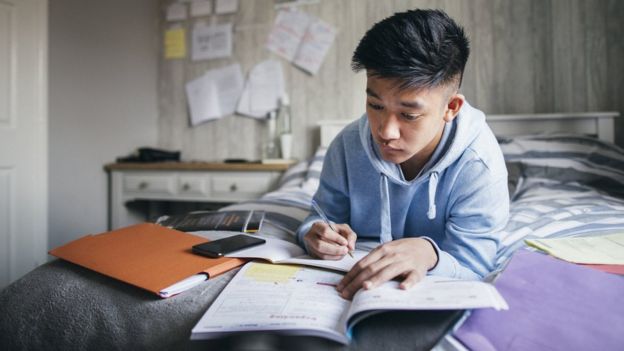Childhood Inactivity – Global Epidemic (BBC NEWS/Health)
The World Health Organization says children’s health is being damaged due to failing to exercise the recommended hour a day. Lack of activity that includes getting your heart beat more quickly and the lungs breathe harder also negatively impact their brain development and social skills. Boys were more active than girls in all but four of the 146 countries studied.
In the short term, being active means:
- fitter heart and lungs
- stronger bones and muscles
- better mental health and wellbeing
- lower weight
There is no single answer that explains why activity levels are so low but there are some common themes.
One is the focus on academic performance over physical fitness:
1. Very long periods of the day are spent sitting in school doing homework and then there are less opportunities to be more active.
2. The rise of “digital play” – a world of entertainment available on a phone, tablet or computer replaces time spent outdoors.
Globally, 85% of girls are taking too little physical exercise, while the figure for boys is 78%, the study suggests.
“In some cultures, adolescent girls are not meant to be as active or not encouraged to be as active as the boys,” Ms Riley says.
The researchers also say the way participating in sport is promoted often means it appeals more to boys than to girls.
And more effort is needed to push the activities girls find more appealing.
The study, published in The Lancet Child & Adolescent Health, looked at activity levels recorded between 2001 and 2016.
In that time, inactivity in boys fell from 80% to 78%, while in girls it stayed at 85%, according to the study.
What do experts think?
Dr Mark Tremblay, from the Children’s Hospital of Eastern Ontario Research Institute, in Canada, says: “The electronic revolution has fundamentally transformed people’s movement patterns by changing where and how they live, learn, work, play, and travel, progressively isolating them indoors, most often in chairs.
“People sleep less, sit more, walk less frequently, drive more regularly, and do less physical activity than they used to.”
Prof Russell Viner, the President of the Royal College of Paediatrics and Child Health, says the findings are “concerning”.
“Children who are more active have better health and wellbeing and generally do better in school,” he says.


